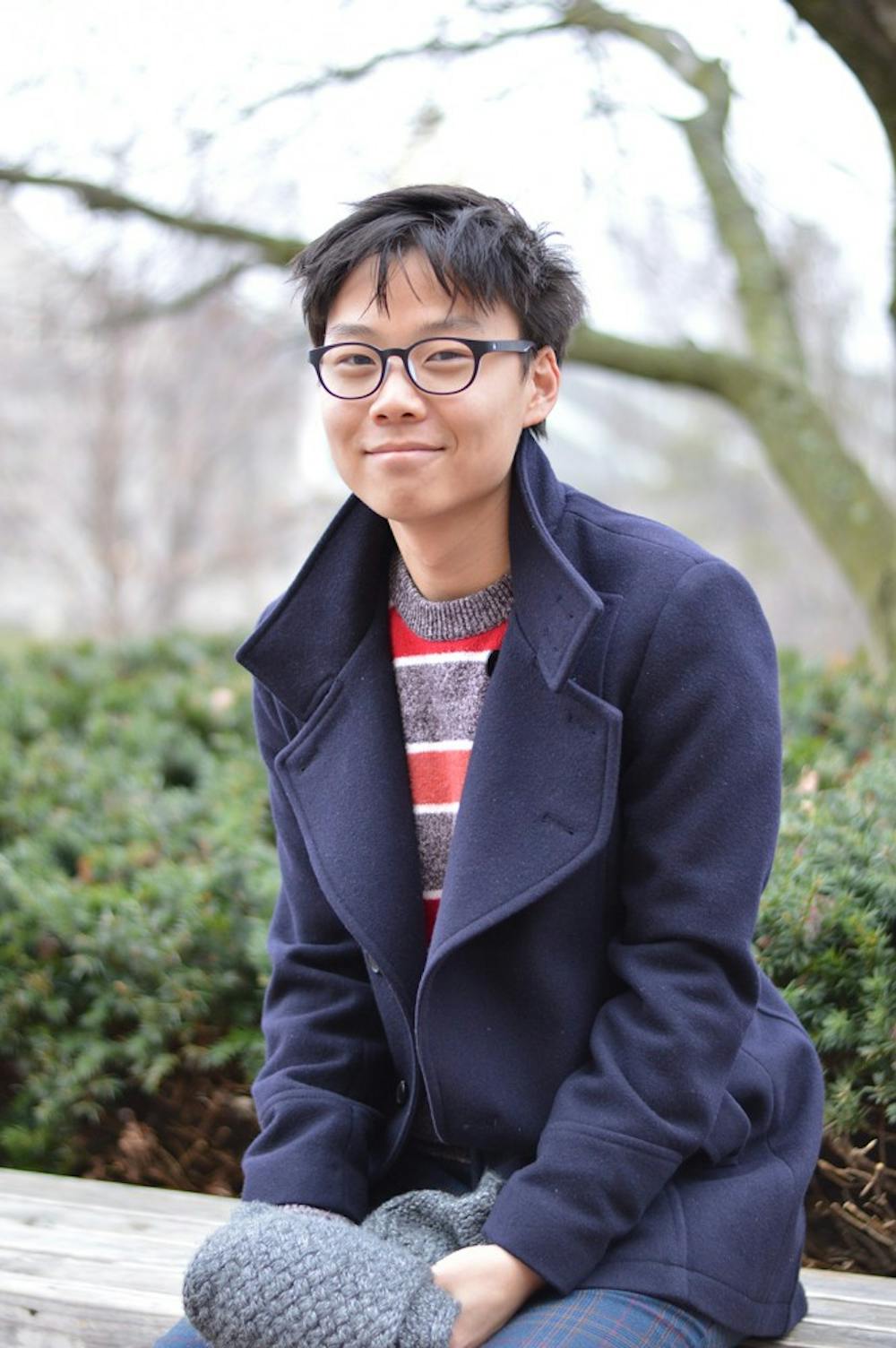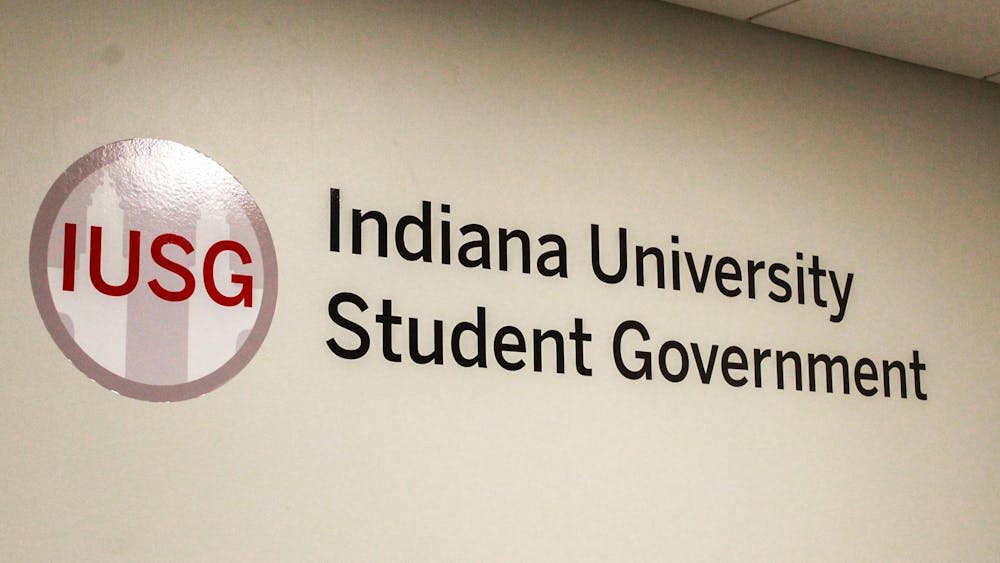America feels like home for sophomore Paul Yoon and his family, but on paper, home is Seoul, South Korea. The Yoon family legally immigrated in 2006 and has a residence and a business in West Lafayette.
The distinction is that they are not permanent residents. In the big picture, this means they do not have voting rights, social security numbers or residency beyond their visa. What this translates to is hours spent at the BMV, Yoon said.
Every four years, Yoon and his family have to renew their visas, which can be done at the Embassy of South Korea in Washington, D.C., or the Embassy of the United States in Seoul, South Korea.
Around this same time, Yoon must also renew his driver’s license. This means waiting in the BMV with all the teenagers fresh out of driver’s training, filling out the paperwork and retaking his ?picture.
In addition, Yoon makes a stop at the Social Security office to verify that his visa is valid and receive a stamp of approval to override his lack of social security ?number.
“I don’t want to sound like an old fart, but you guys have it really good if you were born here,” Yoon said. “It is super easy for you guys (Americans). Be born here and then you don’t have to go through anything ever again, but for people who didn’t come through the Mayflower and are coming now, we really want to be Americans too.”
Citizenship for the Yoons is still a minimum five years and $500,000 away.
Citizenship can be gained through a variety of ways such as employee sponsorship, marriage or military involvement. The biggest requirement for citizenship, however, is permanent residency.
“That’s the hardest part about becoming a citizen,” Yoon said. “The mountain you have to climb to become a permanent resident is ridiculous.”
Without any American relatives or employee sponsorship, the Yoon family chose the Green Card through Investment route.
Immigrants can gain permanent residency by investing a minimum of $500,000 in a commercial enterprise that will preserve the full-time jobs of at least 10 U.S. workers, according to the US Citizenship and Immigration Services.
By the recommendation of their immigration lawyer, the Yoons plan to invest in a conference center in ?Mississippi.
From there, the family must live in the U.S. as permanent residents for five years before they can embark on the citizenship process.
This process is what senior Tommy Hulland has been waiting to start for the past 10 years.
Hulland’s family emigrated from London, Ontario, Canada, when his parents received a job offer to teach in Pittsburgh. With their employee sponsorship, the Hullands came to America as permanent residents.
The family waited to undergo the citizenship process until both Hulland and his sister turned 18 and were eligible to apply.
Hulland filled out the 20-page Naturalization Application and traveled to Indianapolis to undergo biometric scanning, which consists of fingerprinting, facial recognition and an FBI background check.
After jumping through this hoop, Hulland continued on to the Naturalization Test and interview process.
The Naturalization Test is broken down into four parts: speaking, reading, writing and civics. Candidates are given 100 civic questions to study beforehand and are asked 10 of the 100.
The questions resemble those of a high school government test, varying from the specifics of the Constitutional Amendments to the branches of U.S. government to state representatives. To pass, the candidate must answer six questions correctly, according to U.S. Citizenship and Immigration Services.
The interview questions, however, are much more straightforward. Hulland was asked if he was ever associated with the Nazi or Communist parties or if he had ever committed ?genocide.
“I was a little bit nervous,” Hulland said. “I knew everything was clean, and I was telling the truth, but I just didn’t want them to pull anything up. They made it very intimidating.”
Hulland’s interviewer recommended he move forward in the process, and he was sworn in during the Naturalization ceremony at the Indianapolis International Festival in late November. He celebrated Thanksgiving as an American citizen for the first time this year.
“One of my roommates is in the Army, and I just feel more of a part of America and that pride that he has,” Hulland said. “It’s cool to be part of everybody. All Americans share that ?patriotism.”






